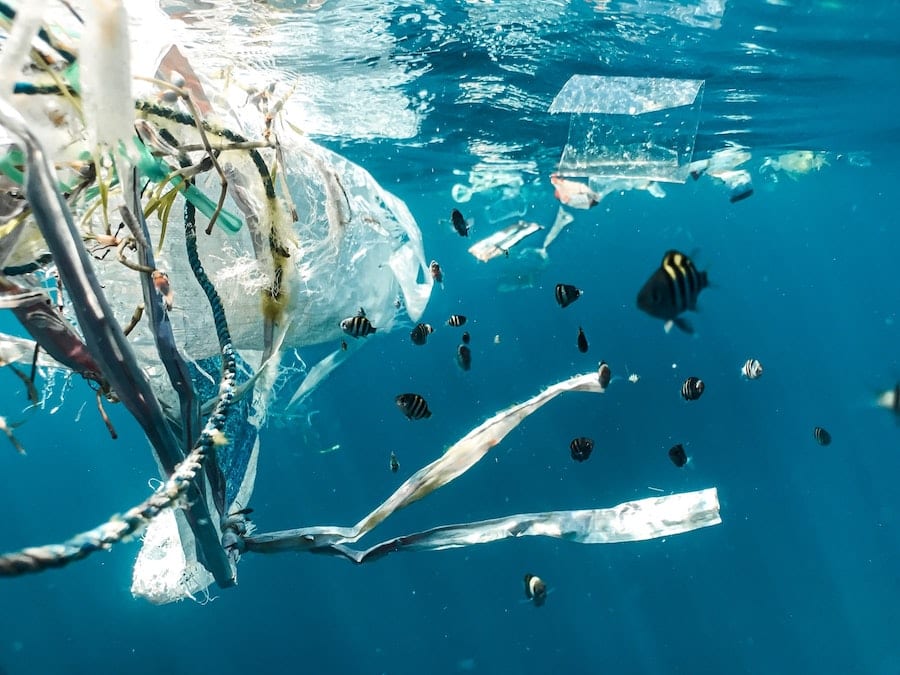Plastic toys in children’s menus will be banned under a new range of measures that Monaco is introducing to help hit the target of zero single-use plastics by the year 2030.
Under the leadership of Prince Albert, the Principality is aiming for the complete elimination of single-use plastic waste in Monaco within the decade.
In order to achieve this, a ban on single-use plastic bags was introduced in 2016, followed by the elimination of plastic straws and stirrers in 2019, and disposable plastic cups, cutlery and plates just one year later.
The release of balloons and lanterns was also banned in March 2020.
Now, the government is taking the plan further with bans that have been written into law effective 1st June, while other new measures are being phased in gradually.
This year, all plastic plates are banned including those with only a plastic coating, together with steak sticks, take-away styrofoam containers, and lids and closures for cups and ice cream cups.
Other plastic products like confetti, balloon rods and all products made from oxodegradable plastic are also banned.
Finally, restaurants are no longer able to offer free drinks in cans or plastic bottles as part of menus.
From 1st January 2022, restaurants will not be able to offer plastic toys in children’s menus.
Non-biodegradable plastic tea bags will be banned, together with the plastic packaging surrounding fresh fruits and vegetables, and all non-compostable plastic labels on fruits and vegetables.
Restaurants will have to offer reusable cutlery, and employers must make reusable dishes available at workplaces, and stop providing disposable crockery when meals are eaten on site.
Paper receipts will be provided only on demand.
Further measures are due to be introduced from 1st January 2024, with salad bowls, meal trays and sandwich bags all banned.
The aim is to reduce the amount of waste being produced in Monaco, a large portion of which ends up in the ocean, harming marine life and fauna.
“To achieve zero plastic waste in 2030, it is essential to count on everyone’s mobilisation and support an increasingly dense network of individuals but also of traders and restaurants, united under the same acronym of commitment,” said the government in a statement.
New bans on plastic products in zero-waste policy
